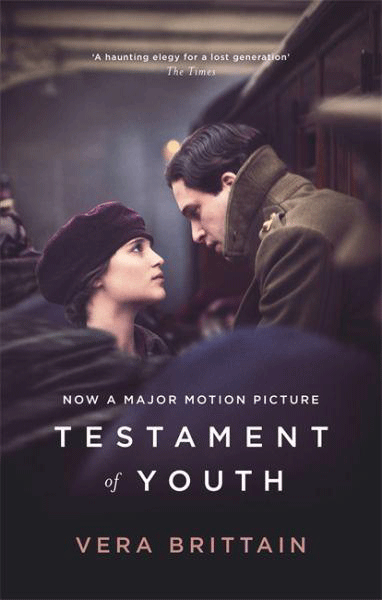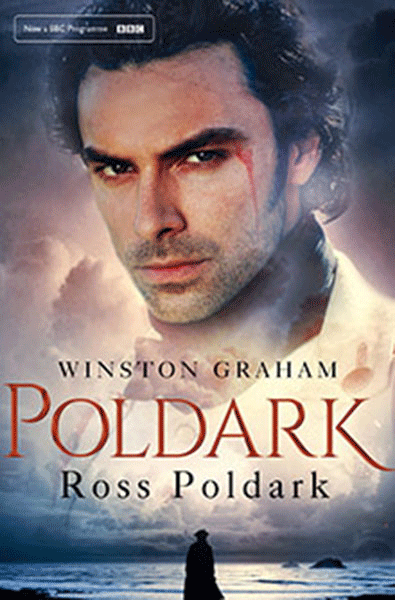Ah a good dose of costume drama. There’s nothing like crowns and codpieces of a Sunday evening to reconcile you to the return to work. Indeed it oft helps put the office demons into perspective. Take a trip back to times of yore, when the working time directive and health and safety were but a distant dream, when if you were awake you would have been toiling, dodging the flying shuttles and inhaling the cotton fibres (do you remember North and South of a few years back, with its sheds full of tubercular 10 year olds working the looms?) And that threat of a written warning is nothing, as a clerk at Henry’s court one blot and you were on your way to the Tower. Of course I do know Wolf Hall is on a Wednesday but it screams Sunday to me so Sunday is when I’ll watch (the joy of iPlayer).
Historical dramatizations are such a delight. You have the cod intellectual card to play (‘it’s history my dear’) whilst secretly revelling in all the plot twists and character development of a soap but with better dresses. David Starkey might call Wolf Hall a “total perversion” and question why he as “someone who actually knows what happens” would watch it but I feel he has missed the point. What you need to do, David, is invite round a few friends, turn on the TV, pour the wine and bemoan any inaccuracies. You will have a fantastic evening. That’s what I did for The Tudors,it so works. You can feel intellectually superior and still get to enjoy the raunchy bits. I have less sympathy for those for whom Anne’s beheading is going to be a nasty surprise. Like the listener who rang up Radio 4 the other morning to complain that the interview with Tracy Borman on Cromwell and Thomas Moore contained too many spoilers. Spoilers? It was all out in the public domain by 1540!
The authenticity debate swirling around Wolf Hall and similar history-based dramas is an interesting one. A good historical drama is a breath of fresh air, a break from the endless round of national talent(less) contests and policemen confronting endless murders in the drearier parts of the British countryside which normally infest our screens. It does however carry expectations. We feel it shouldn’t be made up (at least not entirely), we feel we should learn something or at least confirm our paltry store of learning. But remember a drama is not documentary and novelists are not historians. They have no obligation to the truth the whole truth and nothing but. The good ones, and I certainly class Mantell here, do their research and keep the context right. In return we must grant them the freedom to fill in the gaps from their imagination. History is a palimpsest of reports interpreted by self-interest anyway, and time has long blurred the distinction between speculation, rumour and fact which makes up the common record. If you are more of a purist history-wise look to Tracy Borman’s very readable biography of Thomas Cromwell.
Whilst still in the past but for something a bit more recent (aka fast forward 300 years) you could do a lot worse than Testament of Youth, the film treatment of Vera Brittain’s autobiography, at the pictures. It’s definitely worth a watch, a visually stunning, heartstoppingly beautiful portrait of the gilded youth of that last summer. Like all screen adaptations it does suffer a little from trying to condense 600 pages into two hours, telescoping events and concentrating on the romance and the tragedy at the expense of Brittain’s time at Oxford and her later work with the League of Nations. But very good nevertheless. So see the movie first to get in the mood and then read the book.
For more information on the first women in higher education read Jane Robinson’s book Bluestockings. Also dip into Virginia Nicholson’s Singled Out, an examination of the lives of the generation of women whose predestined role as wives and mothers was completely overturned by the Great War. Vera Brittain’s experience of war made her a convinced Pacifist and during the Second World War in particular she spoke and wrote widely against the war. Her writings are collected in One Voice.
Back home with the television barely will we be over the Tudors when the eighteenth century beckons with Poldark (coming in March I believe). I know, more bodice-ripper than Booker-winner, but it will work so well on television. How could it fail with Cornish tin miners, smugglers, wrecking, a troubled hero and a feisty servant. I can barely wait. I still remember the first Poldark dramatization of the seventies. Thrilling to all that simmering passion – I was only fifteen – although honestly who am I kidding, a chiselled jaw and brooding temperament can still do it for me. If you can’t wait for the telly then read the book now- you’ll be ahead of the game and able to tell your Warleggans from your Whitworths although as a rule of thumb if they look like they are in love eggs is eggs they will be married to another.


